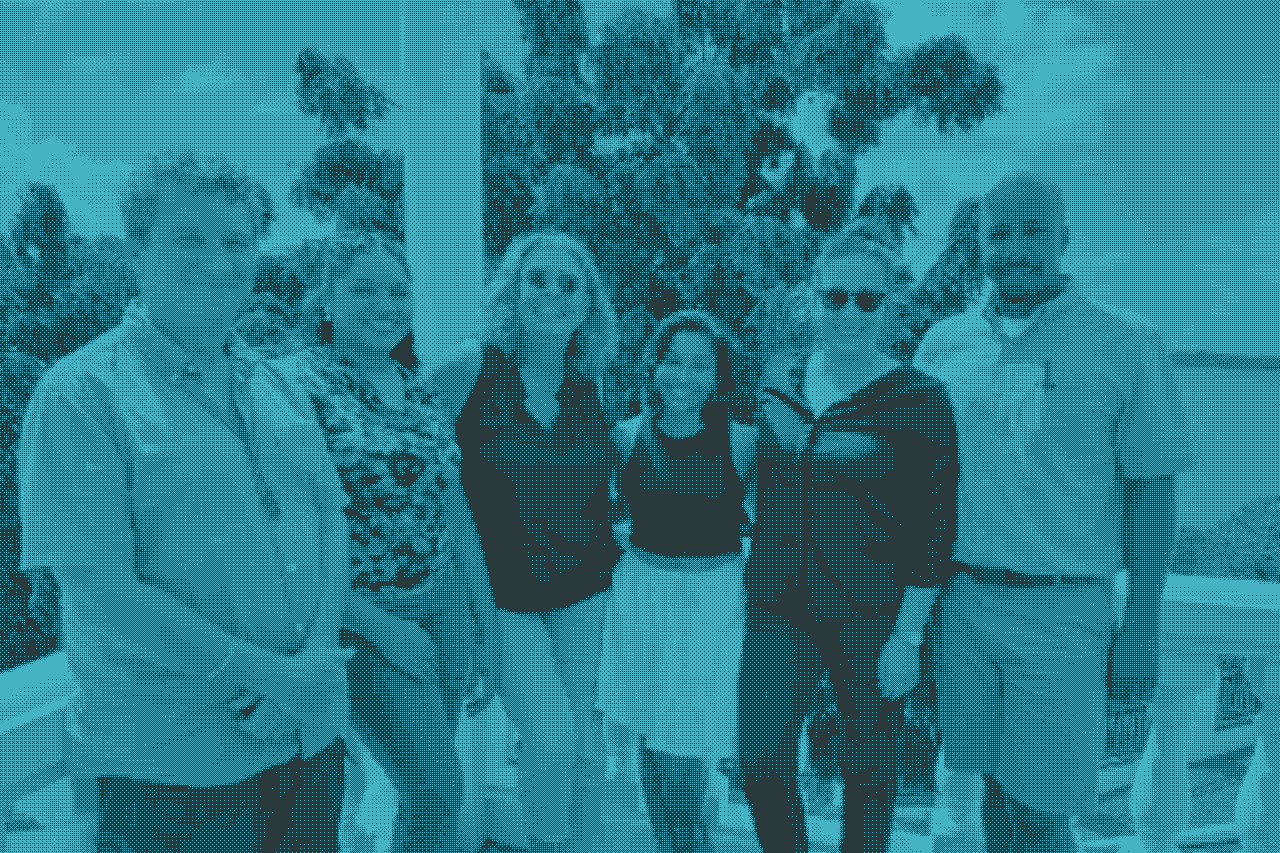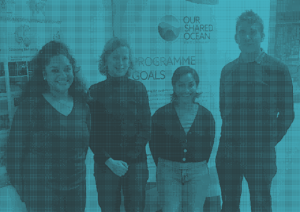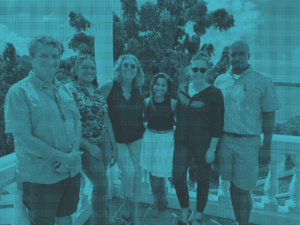
Research partnership between St. Georges University, Grenada and Atlantic Technological University, Galway enables Grenadian students enroll in taught MSc program in Galway.
The Our Shared Ocean funding programme, designed to build strategic research partnerships between Ireland and Small Island Developing States (SIDS) has enabled two scholars from the Caribbean island of Grenada to enroll in Atlantic Technological University (ATU) Galway to undertake an MSc in Applied Marine Conservation. These scholarships are part of a suite of competitive calls to support capacity building in eligible SIDS partner countries in Oceans and Climate Action, Inclusive and Sustainable Blue Economy and Marine Policy and Ocean Governance. The multi-annual collaboration funded by Irish Aid and administered by the Marine Institute, will provide €3.8 million over the next five years to facilitate partnerships on ocean-related issues.
Grenada’s current research capacity is constrained by relatively low numbers of researchers and the educational programs it can offer graduates. Our Shared Ocean funding strengthens the academic capacity of these young marine scientists to address socio-environmental challenges, identify sustainable development priorities, and increase resilience and adaptability. The scholars spent five months in ATU, within the Marine and Freshwater Research Centre, on taught modules including Data Analysis, GIS, Marine Population Assessments and Ecology and also completed a research trip on the RV Tom Crean before returning home.
Dr. Patricia Rosa, Director of Marine, Wildlife and Conservation Biology program, St. Georges University (SGU) commented, “St. George’s University is immensely proud of our students, Adara Jaggernauth and Shanelle Naveena Gilkes, who exemplify the spirit of global partnership and academic excellence. Their Masters Scholarships symbolize the collaborative spirit between Ireland and Grenada and enable vital marine research which is expected to produce positive benefits for our marine ecosystems. Our Shared Ocean’s emphasis on capacity building aligns perfectly with SGU’s vision of fostering global leaders and we look forward to growing these important relationships with both ATU and the Marine Institute in the years to come.”
David O’Sullivan, Our Shared Ocean Programme Manager remarked, “On behalf of Our Shared Ocean, Irish Aid and the Marine Institute we were delighted to welcome Adara and Shanelle to Galway and help facilitate this fantastic partnership. Having met the students, and their mentors, it is clear there is a commitment to career progression with a focus on local and regional marine environmental issues within the Caribbean.”
Now in their second semester, the students, based in Grenada, will complete a thesis on specific marine topics relevant to the island of Grenada and the Marine, Wildlife and Conservation Biology programme in St. Georges University. The projects will look at Sea Moss cultivation and fish biomass on coral reefs.
Ms Gilkes added, “ATU’s MSc. Applied Marine Conservation is a practical, down-to-earth experience that broadened my understanding of, and deepened my passion, for marine conservation. This rewarding journey, with the help of Our Shared Ocean has brought significant opportunities and I look forward to applying these learnings to my own research in Grenada.”
It is hoped that this research partnership between the Atlantic Technological University and St. Georges will grow over the coming years and act as a template for how this initiative can benefit the global SIDS and encourage collaboration and knowledge transfer that addresses ocean health and sustainable marine governance issues.
he Our Shared Ocean team is also pleased to announce the launch of a new low-carbon website, www.oursharedocean.ie, that features existing projects and provides application details and information on new calls including for our upcoming Masters Scholarships in March 2024.
Contact oursharedocean@marine.ie or find us on X/Twitter and discuss your research and how it addresses the challenges identified in the programme.

